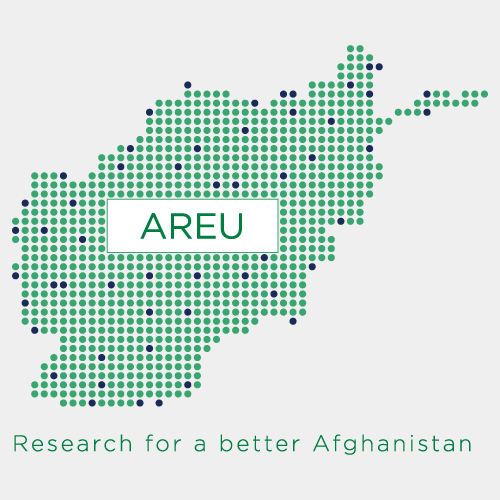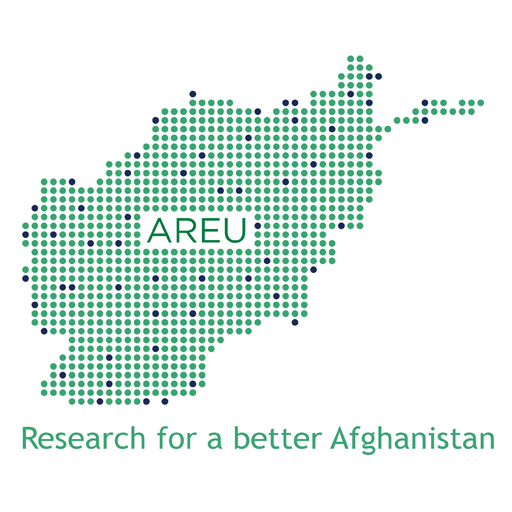
15 Mar AREU’s New Paper: Afghanistan’s Opium Poppy Economy Presents a Complex Policy Problem
Kabul, 1 March 2021: The Afghanistan Research and Evaluation Unit (AREU) launched a new working research paper: “Drugs and Development in Afghanistan, National Policy and Actor Analysis†at a virtual event today.
The paper, co-authored by Dr Adam Pain, Mr Kaweh Kerami and Dr Orzala Nemat, gives an overview and background understanding of the counter-narcotics laws, policies and programmes that have underpinned counter-narcotics efforts in Afghanistan since 2001.
The paper argues that Afghanistan’s opium poppy economy presents a complex policy problem. It lies at an intersection between various seemingly discordant policy challenges: an emergency or a development issue; a law-and-order issue or a security threat; a peacebuilding opportunity or a conflict resource; and a health issue or a means of securing a living.
To some extent, the diverse strands of counter-narcotics speak to the multifaceted and interlinked policy challenges that an opium poppy economy has presented. But almost 20 years since the counter-narcotics was instated in Afghanistan in 2001, its policy ambitions to eliminate, or at least control, poppy production in the country, have clearly failed.
According to the paper, there has been an inexorable rise in the size of the cultivation area from some 70,000 ha. in 1994 to over 200,000 ha. in 2016 (UNODC, 2016). Since 2001, the US government alone has spent some US$7.28 billion (SIGAR, 2018) on counter-narcotics programming for scant return in relation to the goals of its policy. This failure of policy in terms of its explicit objectives requires an in-depth assessment and explanations.
In so doing, it seeks to map the opportunities for the Drugs & (dis)order project to engage in relevant policy processes. It draws on earlier drafts based on a documentary review and key informant interviews, and has been further developed with a review of additional sources.
The report first gives the background to the context of legal framework and policymaking in Afghanistan before providing an overall assessment of counter-narcotics legal and policy frameworks. These are then examined, focusing on the key policy areas actors and their narratives in relation to drugs and security, peace, health and livelihoods, concluding with a review of the data and evidence that have informed policymaking practices.
Government officials, representatives of a number of national and international organisations attended the event.
Dr Orzala Nemat AREU Director said: "This paper’s main objective is to map out such actors and their interests. As a pioneer in the field of drugs related research in Afghanistan over the two decades, AREU is hoping that different government, aid agencies, donor agencies and academic communities make good use of AREU resources and analysis to bring fundamental reform in approaches to counter-narcotics."
This paper was written with the financial support of Global Challenges Research Fund (GCRF) under the Drugs and (dis) order project. ‘Drugs and (dis) order: building sustainable peacetime economies in the aftermath of war’ is a four-year Global Challenges Research Fund project generating new evidence on how to transform illicit drug economies into peace economies in Afghanistan, Colombia and Myanmar.
Click here to see the full report.
For further information, please contact:
Afghanistan Research and Evaluation Unit (AREU)
Mobile: 0799608548

